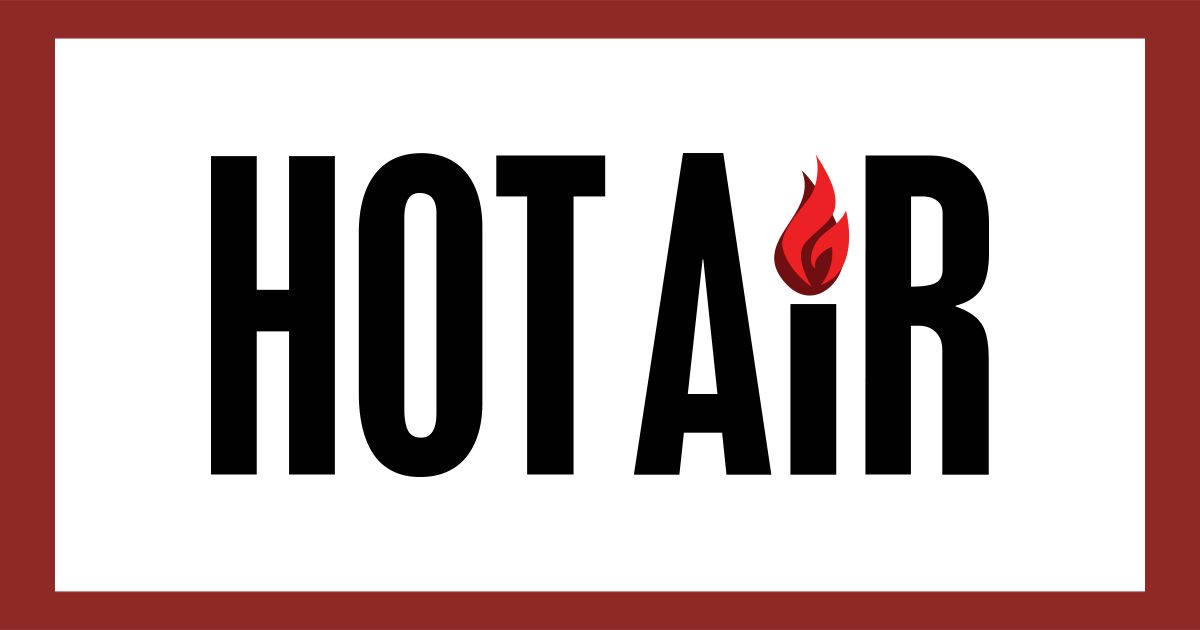Just so we are clear you’re full of **** 
I decided to put words in your mouth as well, though mine are based on things you actually said
Are you not clever enough to find an actual appropriate quote?

I decided to put words in your mouth as well, though mine are based on things you actually said

Are you not clever enough to find an actual appropriate quote?






Comment